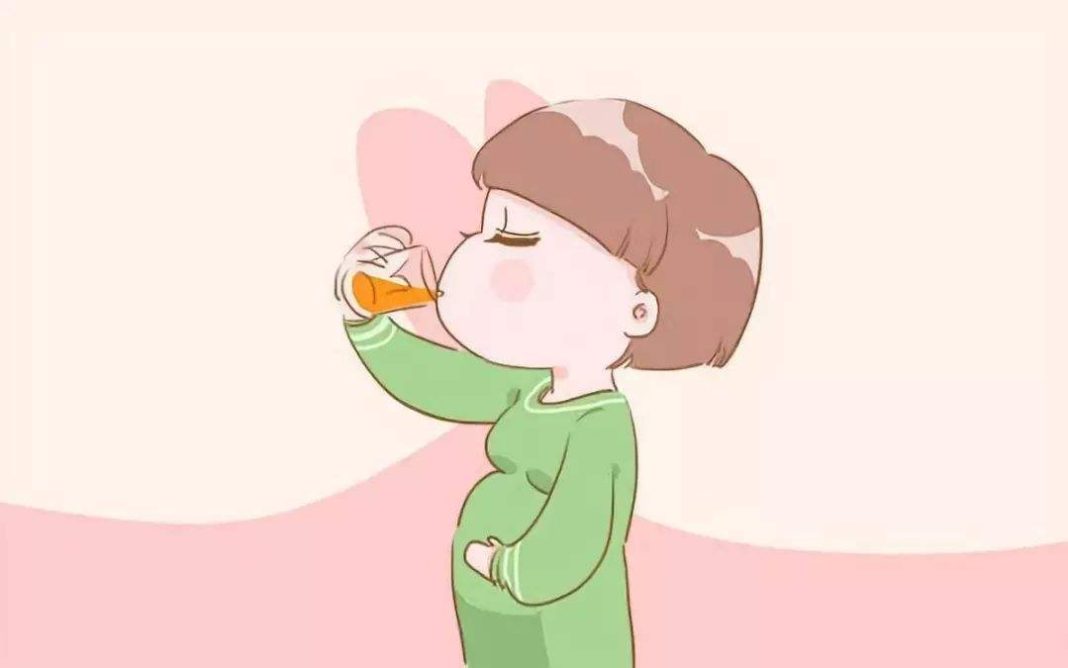Since doing test tube requires obtaining multiple eggs, the expectation is for the artificial insemination to develop a sufficient number of embryos, in order to ensure the smooth progress of the entire test tube process. To obtain multiple eggs in one menstrual cycle, one needs to administer ovulation induction injections to stimulate ovulation.
We know that under normal circumstances, women only release one egg follicle each month, but in the case of test tube babies, multiple eggs are collected at once during ovulation stimulation, which is unusual. It is natural to think that ovulation induction may have an impact on women’s ovaries. So, does ovulation induction lead to premature ovarian failure?
Damage to the Ovaries from Ovulation Induction
Ovulation induction involves the use of estrogen-like medications. These drugs can stimulate the ovaries and breasts, posing a risk of inducing ovarian and breast tumors. Although there is no clear evidence linking ovulation induction drugs to tumors, the risk of hormone use cannot be ruled out.
Following ovulation induction, the ovaries enlarge due to the development of multiple egg follicles, increasing the likelihood of ovarian torsion or rupture of luteinized cysts. After egg retrieval, prospective mothers may experience Ovarian Hyperstimulation Syndrome (OHSS), leading to bloating, abdominal fluid retention, and other issues.
Misunderstandings about Ovulation Induction
Although ovulation induction places the ovaries under high stress in the short term, this state is temporary, and the damage caused by side effects is limited.
Ovulation induction is not a process of “killing the chicken to get the eggs.” By regulating and stimulating ovulation, the eggs that would normally die off in the same menstrual cycle are synchronized and developed with the eggs that would naturally be expelled, without affecting the development of eggs in the following menstrual cycle or batch, thus not reducing the number of eggs in the ovaries or leading to premature ovarian failure.
What one needs to be cautious of is that during the use of ovulation induction medications, the ovaries enlarge, so it is advisable to refrain from intense activities such as running, swimming, rock climbing, and yoga. Also, try to slow down movements like turning in bed, changing posture while walking, and bending over to avoid the risk of ovarian torsion.


